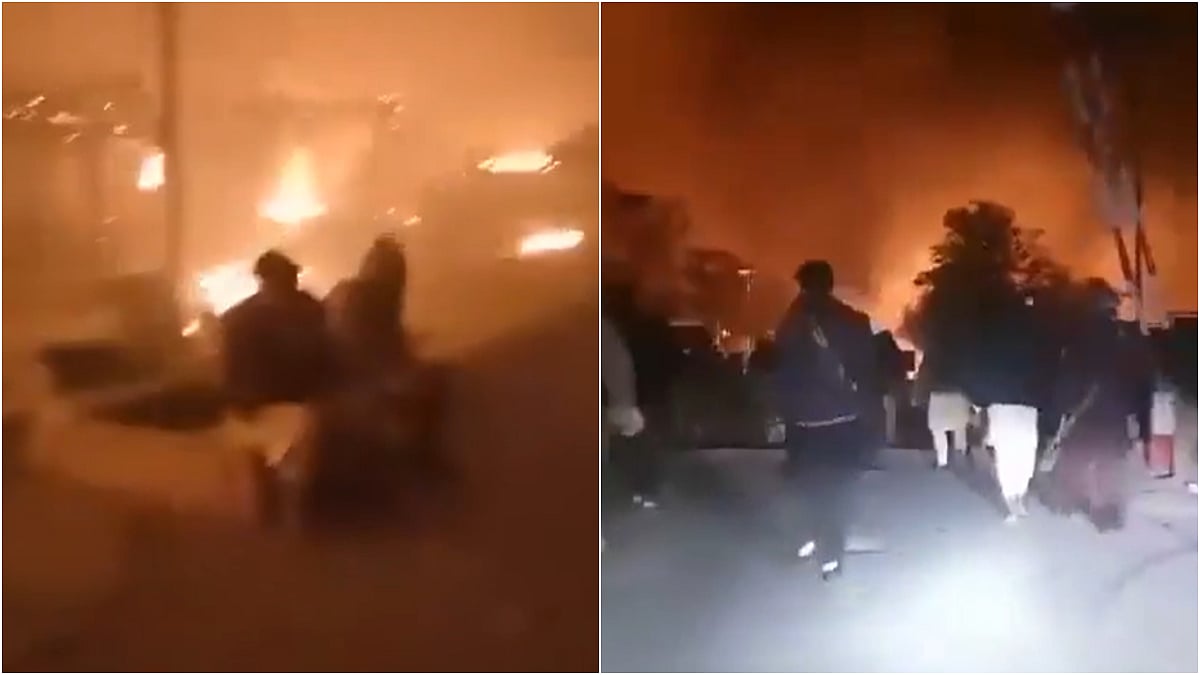Slovakian Prime Minister Robert Fico, who was critically injured in an assassination attempt on Wednesday, has regained consciousness after an operation lasting several hours, local media has reported.
According to local media TA3, BBC quoted Slovakian Environment Minister Tomas Taraba as saying that the Prime Minister's life is not in danger. "I was very shocked ... fortunately as far as I know the operation went well -- and I guess in the end he will survive ... he's not in a life-threatening situation at this moment," Taraba said.






